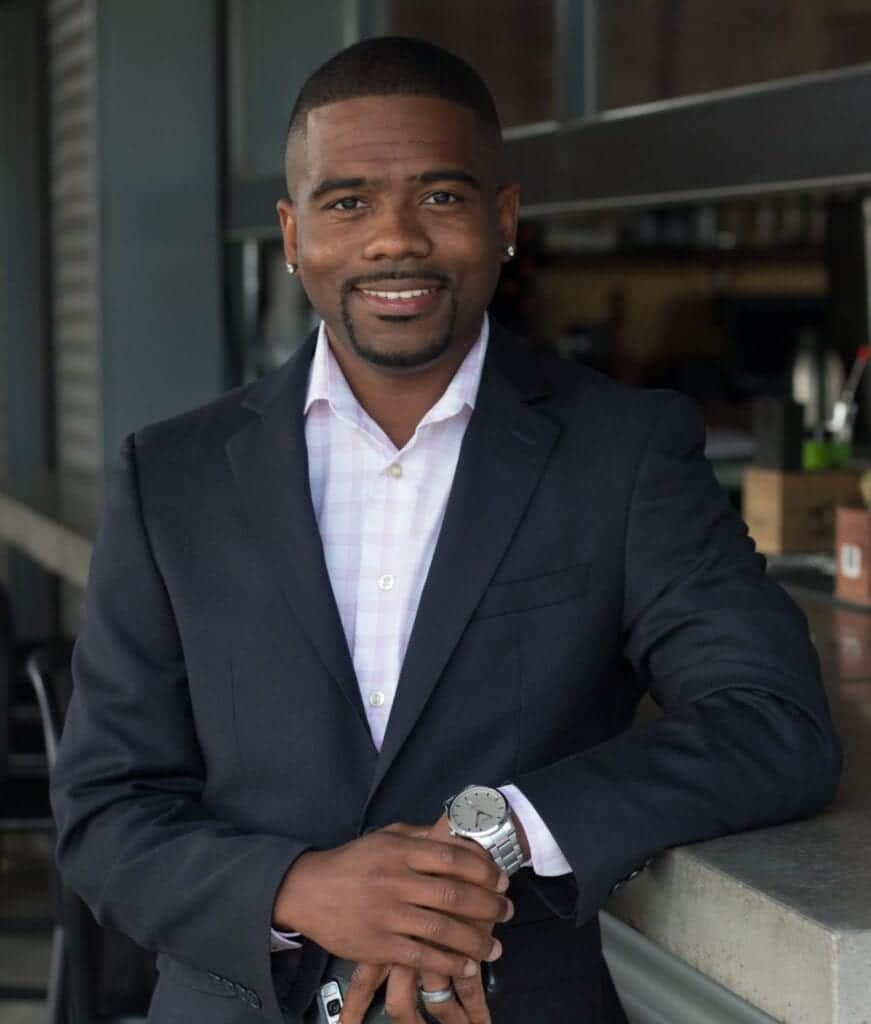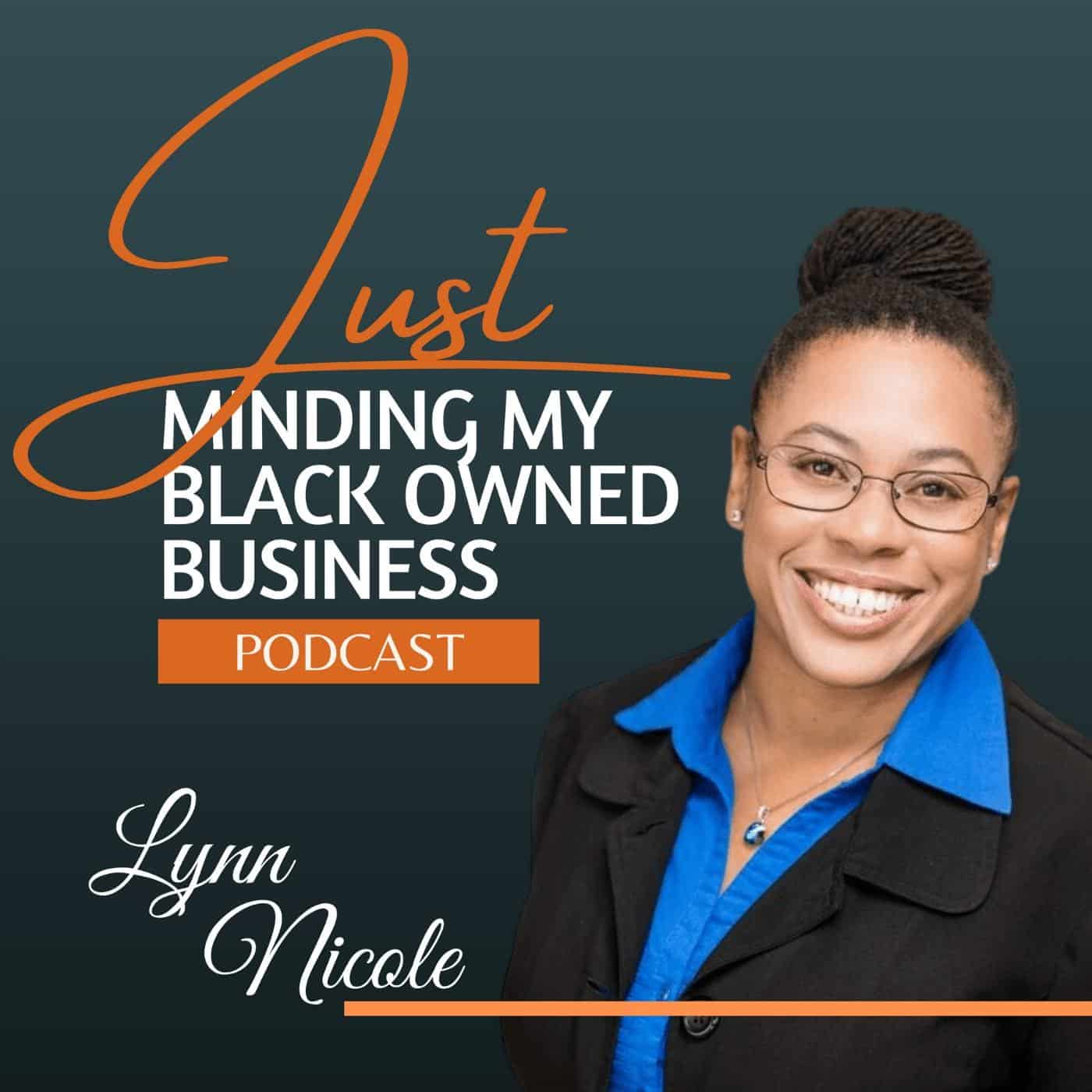All of us want to be free of our financial problems. But it may not always be easy for everyone, and not all may have the capacity to instantly pay off debts, invest or save money for retirement.
Recognizing that you’re not free from this situation is a good sign that you can be financially free. In this podcast, learn which stage of the journey to financial independence you’re at and how you can level up from Jamila Souffrant, the founder of the Journey to Launch podcast.
Jamila is considered a go-to financial thought leader in the personal finance field and the resident financial expert on a weekly segment on News12, the most-watched local TV news-station in NYC. She shares her journey to financial independence through her website and podcast while helping others do the same.
Here’s what you missed:
Chronicle your personal journey to financial independence
- “We all struggle with this in some form of another, they’re getting too much of it too fast, or whether never having enough. And we come from a mindset of scarcity” (02:34)
- “I’m a simple girl. I do have big dreams. I’ve always had big dreams. And I think that’s why I’ve been able to accomplish so much because I dream big and I go big that way. If I fail, like my landing point is still a really good spot.” (03:55)
- “I’ve always had dreams of being like my own boss, not working for anyone like being a millionaire, you know, like I think most of us big dreamers when we’re younger guidance to the working world.” (04:47)
- “Didn’t like that process with people not knowing what they wanted. So none of those things work, but I thought those were going to be the things that would allow me to get freedom and become rich.” (05:08)
- “And that moment, like it just woke up something inside of me because I was like, I can’t do this. Like I have to figure something out.” (05:55)
- “They weren’t like millionaires at that moment, but they were investing as much income as they could into their retirement accounts, into different investment accounts into real estate over time. And they were able to then quit their jobs because they built up this portfolio that they could live off of, so they didn’t have to work again, financial independence.” (06:19)
- “…and journey to launch was started just the chronicle how long it would take me and how it’s gonna do.” (06:58)
- “But initially my real, like starting point, what I would say is like, It was going to take me seven years to get to my goals” (07:43)
Bringing vision to your partner
- “…he’s known that like, okay, you’re going to have a girl that’s going to like do the most.” (08:22)
- “…but he knew, I think, um, By like going through these other businesses with me. And he wasn’t really involved, he did help with the vending machine, but otherwise he would just sit on the sidelines and like kind of Chevy on what he needed. ” (08:40)
- “Like he doesn’t want all this stuff. So when I came home and told him about, you know, saving most of our money investing and retiring early, he was like, why. Like who does this?” (09:16)
- “She’s a blinders on she’s simple. She doesn’t need all those things. So I could definitely relate there.” (09:39)
Same path, same spark
- “…so the things I started listening to, I don’t listen to or follow as much cause you know, you evolve, but they were a good starting point.” (10:10)
- “And so things like that really inspired me cause I’m like, wait, my husband’s a teacher. Like we should be able to do better than what we’re doing…people will now find me and say like, I’m that starting point for them right on that journey. I found them as starting points.” (10:51)
- “…how can I bring other people along with me so that I can help them. They can create their own path to financial independence. ” (11:13)
The habits to financial independence
- ” And it’s not saying that you can’t turn it into a reality, but we both know that needs to be broken down into really small bites.” (11:48)
- “I always say the mindset and habits part of it is mostly important. Like it’s more important to actually then making more and spending less…” (12:23)
- “And so for many people, they just want to jump in right to like making money to all these things, but they’re not addressing the blocks that they have around money.” (12:39)
Knowing your starting point
- ” But before that, you need to understand what it is that you’re actually going for and why you’re going for it.” (12:59)
- “…but just acknowledging it and uncovering it, even just knowing that it. There is a big step because so many people are walking around, not knowing that, not understanding why they can’t earn more” (13:09)
- “Like the little things like that, all go back to your mindset and how you feel about yourself and money.” (13:24)
- “So you have to first really get an understanding of your starting point” (14:10)
- “So what I mean by starting point is how much debt do you actually have? ” (14:17)
- “So like these four points will allow you then to just get a touchpoint. Okay. Where am I right now? And with that, you can begin to create a plan.” (14:36)
- “If you are lucky enough to have a decent income, and it’s really just an expense problem. You’re not thinking about how you’re spending your over spending on things you don’t even want. You know, it’s going to be a little bit different for you. ” (14:55)
Stages of financial independence
- “So the way I broke out trying to reach financial independence, breaks it up into different stages” (15:10)
- “I would say that stage one, that’s called the Explorer stage and kind of like my ecosystem.” (15:34)
- “So for that stage, you’re going to want to focus on okay. Budgeting.” (15:48)
- “Then you are typically going to be in stage two, which is the cadet stage I call, um, which is about paying off debt. Your consumer debt. ” (16:01)
- “So stage three is the aviator stage. That’s where you paid off most of your debt, all of your debt. ” (16:30)
- “And so in this stage, and that’s kind of where I was when I started journey to launch, most of our debt was paid off and it was time to now save and invest. And we did that aggressively for two, three years.” (16:54)
- “So we were in that aviator stage, like hustling to like build our assets. ” (17:13)
- “So let’s say now you’re building, but you know, you want something different in your life…That’s called the commander stage. That’s where you have work flexibility or you’re working on work flexibility… meaning I still need to bring an income. So we’re not completely financially independent yet, but we are comfortable enough where I was able to quit my full-time job.” (17:31)
- “…the next and final stage is the financial independence stage. You have all the money saved and invested don’t need to ever work again.” (18:32)
Investing while in debt
- “I actually do believe in investing while. You have debt. It just depends what type of debt and your overall just plan.” (20:15)
- ” Then after that, it is about evaluating. Where your debt like is the interest on that debt” (20:43)
- “…it’s really understanding your risks tolerance the type of debt you have and like the overall plan that you have, ” (21:12)
- “…if you can get something that’s already at 3%, right. And you’re going to go make 10% on whatever this investment is. Then it benefits you to go ahead and do it.” (22:43)
Get quality creative design and receive an exclusive special VIP offer from DesignCrowd, (21:34)
Develop a discipline method
- “So if you’re a disciplined person and that is your goal, you’re like, all right, I know I have to set, but I can earn more during this investment that only works. If that money that you do earn and make you’re using, then to further, you know, your financial independence and freedom goals” (22:56)
- “So first know thyself, right? So some of us, it may be easier in other areas, um, to, to be more disciplined” (24:09)
- “…if you know money, um, is something that you’ve been struggling with. Um, part of that too, is like taking things off the table that you don’t have to think about. ” (24:37)
- “So automate as much as you can, but then also realize that you do need to put time towards this. ” (25:00)
- “…it starts to build up that muscle that you’re paying attention to your money or to your finances…start as small as you need, whether it’s five, you know, five minutes, 10 minutes, but just stick to that and be honorable to yourself with those commitments.” (25:23)
Buyer’s remorse
- “…so my thing isn’t really buying things like that is not, and that’s just my natural kind of personality when it comes to things like that… I was living my life. I don’t know that I’ll do that right now. Just cause I have other priorities, but you know, that’s different nowadays.” (26:50)
- “…budgeting is really for like guidance system for you in order to spend. Um, but also, um, you have to like check in with it.” (27:25)
- “I can afford to do that because we have so much cushion. I’m not at level one. If I was at level one or two, I’d be doing that budget every day.” (27:55)
- “I still have my little hangups about money, but I think it’s important to say that because some people think like once you get to this certain level, once you have all the money. Then things are perfect,…I think it’s an evolving process. Like every step of the way. ” (28:12)
There’s never a wrong time to get started
- “…it’s important to, to recognize everyone has different starting points, different assets, different privileges, um, that can help them.” (29:37)
- “And that’s why I also dream big because in my head I’m like, if I’m aiming to, let’s just say have $2 million in 10, 15, 20 years, let’s say 15, let’s say 20 years through my saving and investing. And that’s my goal. ” (29:58)
- “…dream big, create the plan to get to that point. But even if you fail, you will be in a better position because by not starting, because you think it’s. Too late or it’s too far gone. You’re only stay where you are and it will get worse because compounding also works in the opposite way.” (30:44)
- “…there is hope there is a way to make progress. ” (31:13)
Mental Wealth
- “Because your kids or your younger brothers and sisters, or whoever it is that you’re taking care of, or that’s watching you. They’re looking at how you manage your money and your emotions because of your money. And they’re going to build off of that.” (32:03)
- “I was acknowledged. There’s certain advantages that I have not to say that I didn’t work hard for that, but then it just reminds me of my mom …what she instilled in me for me to be the kind of person I am today.” (32:40)
- “…it’s important that you’re thinking that way, but more importantly than that is the mental wealth that you give them, like the confidence that you give them” (33:28)
- “I think of how my mom did it for me, where she built me up to a place where I felt like I could take this.” (33:40)
- “…while we are talking about money and the numbers, and it’s important, I think that mental wealth, that, that, that internal wealth is mostly important because that the external stuff can be taken away…but that internal stuff that can’t be taken away and that to me is what you pass on. That is what you instill in others and your community that’s wealth. ” (34:02)
Accelerate your journey
- “I would have invested more in my 401k when I started working full-time ” (35:04)
- “And I’m not understanding like, and I think most people are like this, or at least when they think about retirement, it’s like, that’s so far off… but finding a balance where I would have done more of that investing in saving earlier on, I would have been so far ahead.” (35:36)
- “And so I imagined if I had this mindset in my twenties, how much further ahead I’d be” (35:48)
- “So if you think that you can invest between zero and $6,000, 6,000, it’s the actual max that you can invest in a Roth IRA. You can do that. As a entrepreneur.” (36:16)
- “But I would say if you are an entrepreneur, there are things that you can do in that regard. Again. If you don’t have a lot and it’s between zero and 6,000 that you can do, then look at a Roth IRA.” (36:57)
- “…don’t let that slip by. Don’t be afraid to contact an accountant. (37:19)
- “If you have like simple taxes or just like a simple situation, you may not need an accountant. Right? But the more assets you own, the more complex situations you have a good accountant will save you money.” (37:54)
The big picture
- “…people do get really money-focused, Then they start to tick and tie sometimes and become more strict with like what they’re spending on because they think it’s just money lost and you really have to change things around and think of things as investments…I will now invest in things that help take things off my plate.” (38:08)
- ” So I think sometimes it’s not just about like money and how much is going out. So what’s that return on that investment?” (38:42)
- “Like they take it five steps forward, but then like 10 steps back when they’re not thinking about the big picture.” (38:55)
- “You definitely always have to be looking at the long-term game in the big picture.” (39:02)
Planting seeds
- “…financial independence exists and I’m all about planting seeds.” (39:38)
- “…but there’s someone who started where you were, who you can relate to that has done something that has made a step forward… just understanding that the seed hopefully has been planted and will grow like a weed grows without water.” (40:00)
- “So I think just tapping in and tuning into content like this, and then you have no choice eventually, but to take action” (40:14)
- “…but if you’re still listening, that means you, you think it’s possible. You’re intrigued. So follow that. Follow those little nuggets, like follow that, those crumbs and you’ll learn more. You’ll uncover what you need to find it. ” (40:31)
Quotes and Advice from our host and guest:
- “And so people will find you and be able to look at what your story was and how they could correlate that with themselves. ” – Casanova, (11:23)
- one of the things that I learned is before you can level up your skillset, you got to level up your mindset.” – Jamila, (13:33)
- “And again, remember this is a marriage, this is a marathon. These are not like small sprints” – Jamila (16;25)
- ” hopefully for people’s that the journey is long, but the real key here is to unlock the freedom along the way. Like, we’re not just waiting until you have all the money in the world to live your life.” – Jamila (19:05)
- “So while I call myself an expert, other people call me an expert and I’m pretty good with money. Like I still have my own money, hang ups, my own limiting beliefs around money.” – Jamila, (26:22)
- “…in the beginning, right? Everything’s always going to be tough, but as you build it out, you will get more leisure. You will get a longer leash, right. To be able to make a couple hiccups here and there. ” – Casanova, (28:32)
- ” I don’t ever think, yeah, it’s too late for anyone to start this journey.” – Jamila, (29:10)
- ” there’s only two things that are guaranteed in life, right. Death and taxes.” – Casanova (37:32)
- “One Step at a time and follow your intuition. Right? You’re here. You’re intrigued. Follow it” – Casanova, (40:52)
Books, Mentions, and Links:








